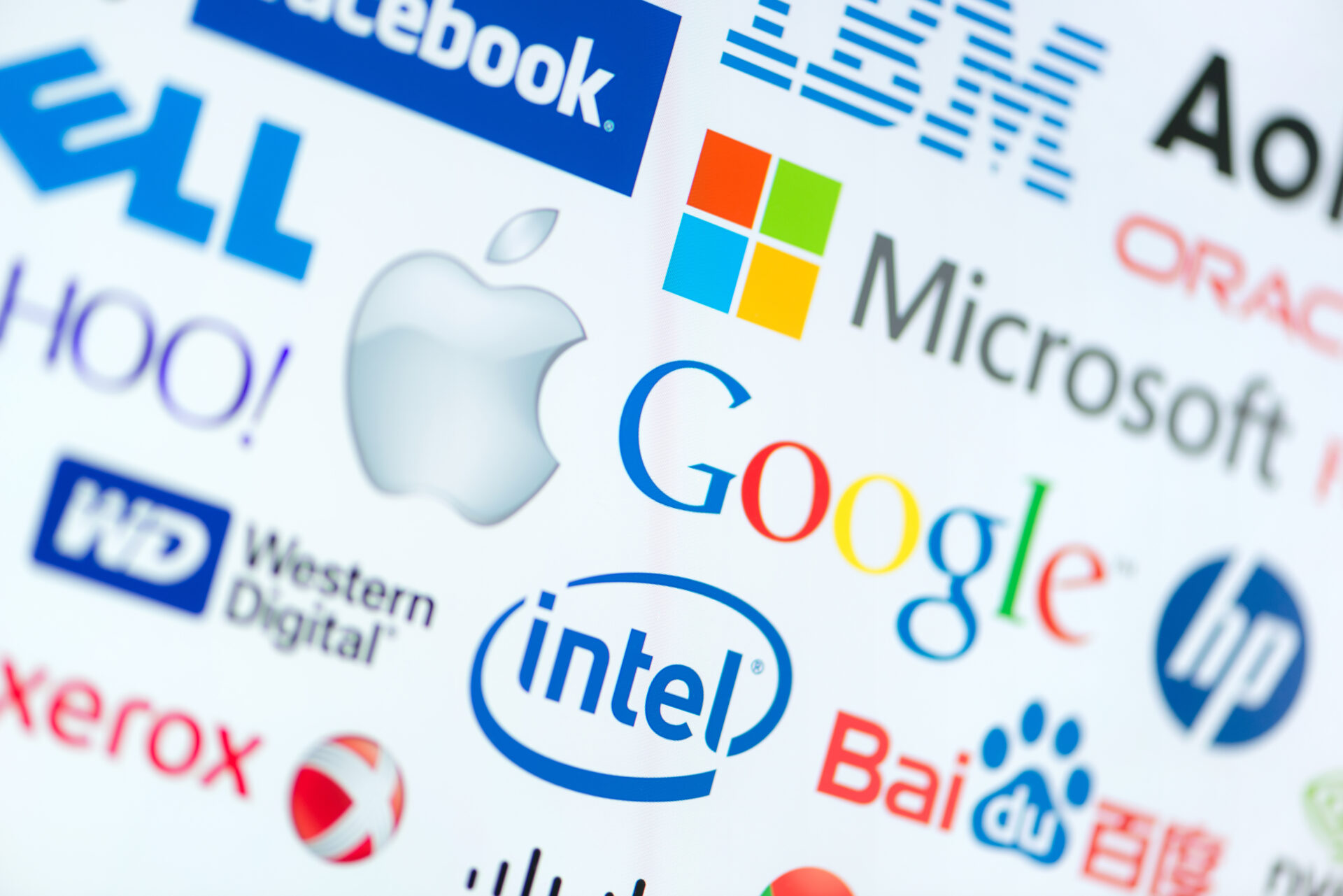
Apple & Google in HOT SEAT Over CHINESE SPY Apps!
Two U.S. senators from opposing parties have come together to address a significant national security threat present in our app stores, raising concerns about whether tech giants prioritize American interests.
At a Glance
- Bipartisan senators demand removal of China-owned VPN apps from Apple and Google.
- Qihoo 360, a Chinese company linked to these apps, is sanctioned by the U.S.
- Concerns arise over potential data access by the Chinese government.
- Despite previous warnings, several apps remain available in U.S. app stores.
Bipartisan Call to Action
On July 24, 2025, Senators Eric Schmitt (R-Mo.) and Elizabeth Warren (D-Mass.) sent a letter to the CEOs of Apple and Google, urging them to remove China-owned VPN apps from their platforms. This rare bipartisan effort highlights the urgency of the national security risks posed by these apps, particularly those linked to Qihoo 360, a company that has already been sanctioned by the U.S. for supporting China’s military procurement. The senators’ letter underscores the potential threat to user data privacy, given China’s laws that require companies to cooperate with state intelligence.
A bipartisan group of U.S. senators has formally requested Apple and Google remove China-owned VPNs from their app stores. The letter cites grave national security risks and links to the Chinese military.https://t.co/IquisU1sd4
Bipartisan Senators Urge Apple, Google to Remove…— Spotlight on China (@spotlightoncn) July 29, 2025
Concerns about VPNs with potential security risks are not new. In April 2024, the Tech Transparency Project (TTP) reported that more than 20 of the top 100 free VPNs in the U.S. Apple App Store were owned by companies based in China, with several linked to Qihoo 360. Although some of these apps were removed following media inquiries, the problem continues, as confirmed by a June 2025 update from TTP and the Campaign for Accountability. The bipartisan nature of this recent appeal reflects a growing consensus that these apps present significant risks to national security.
Ongoing Risks and Previous Warnings
The continued availability of Chinese-owned VPN apps in U.S. app stores highlights a significant gap in oversight and transparency. Despite the fact that some apps, such as Thunder VPN and Snap VPN, have been removed, others like Turbo VPN and VPN Proxy Master remain. This exposes American users to potential data breaches by the Chinese government. The lack of transparency about app ownership further complicates the issue, as U.S. tech giants face criticism for potentially profiting from these apps while failing to adequately protect users’ privacy.
Chinese companies, including Qihoo 360, are required by law to cooperate with state intelligence, raising serious concerns about the security of data collected by these apps. With VPNs having access to all user web activity, the potential for surveillance is alarming. This issue is compounded by the complex ownership structures often used to obscure the true control of these apps, making it difficult for both consumers and regulators to identify risks.
Implications for Tech Giants and National Security
The push from Senators Schmitt and Warren places Apple and Google in a challenging position. As gatekeepers of the app ecosystem, they are responsible for ensuring that the apps available on their platforms do not compromise national security. However, they also face significant commercial pressures, balancing user privacy with regulatory compliance and business interests in both the U.S. and China. The senators’ letter highlights the need for these companies to prioritize American interests and take decisive action against potential threats.
This situation underscores the significant challenges plaguing the global tech landscape. The escalating tensions between the U.S. and China are putting immense pressure on tech companies. It’s crucial to recognize the urgent need for greater transparency in app stores and stronger data privacy measures. These changes are not just necessary; they could revolutionize how we approach foreign apps that pose security concerns.


